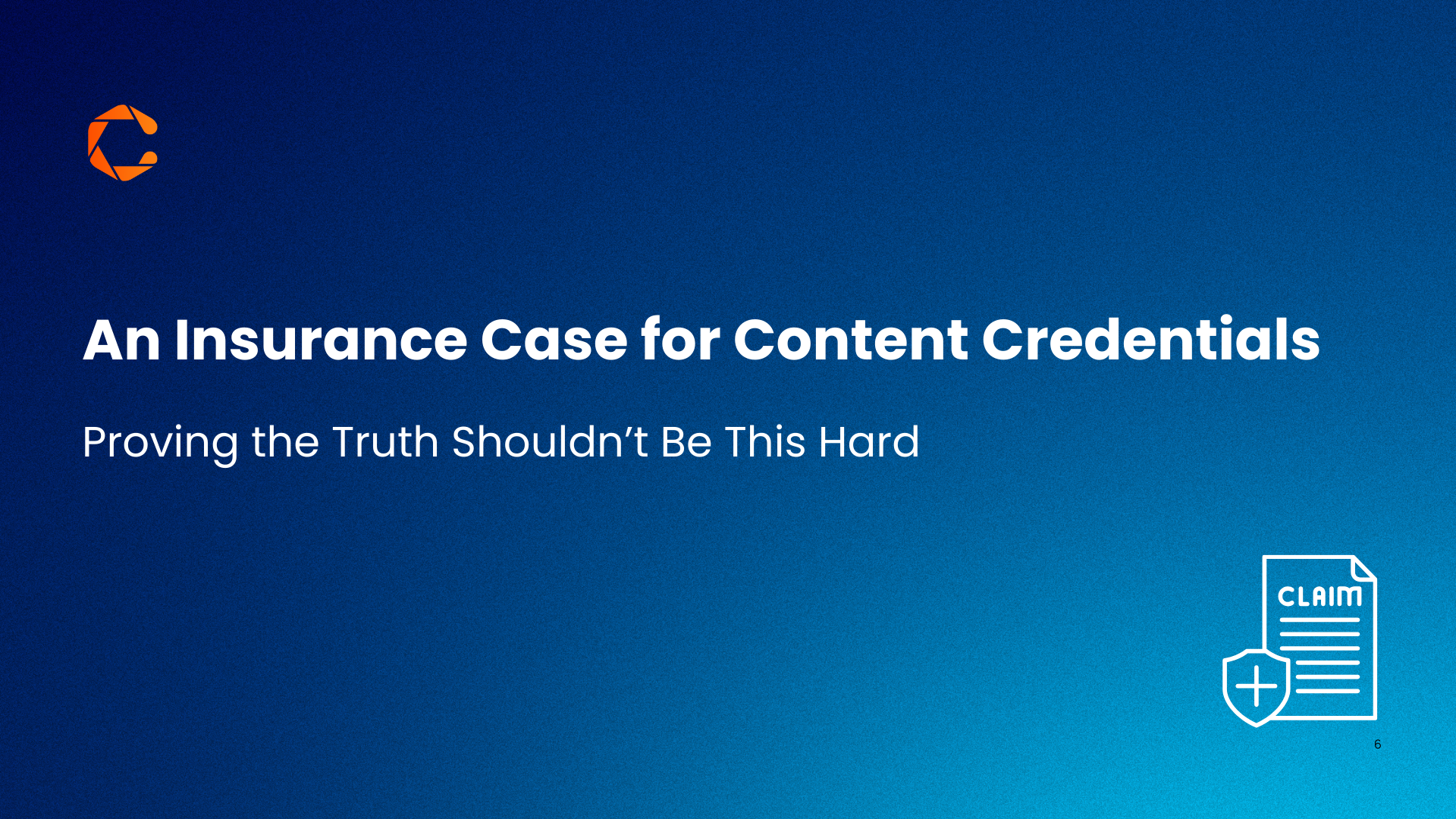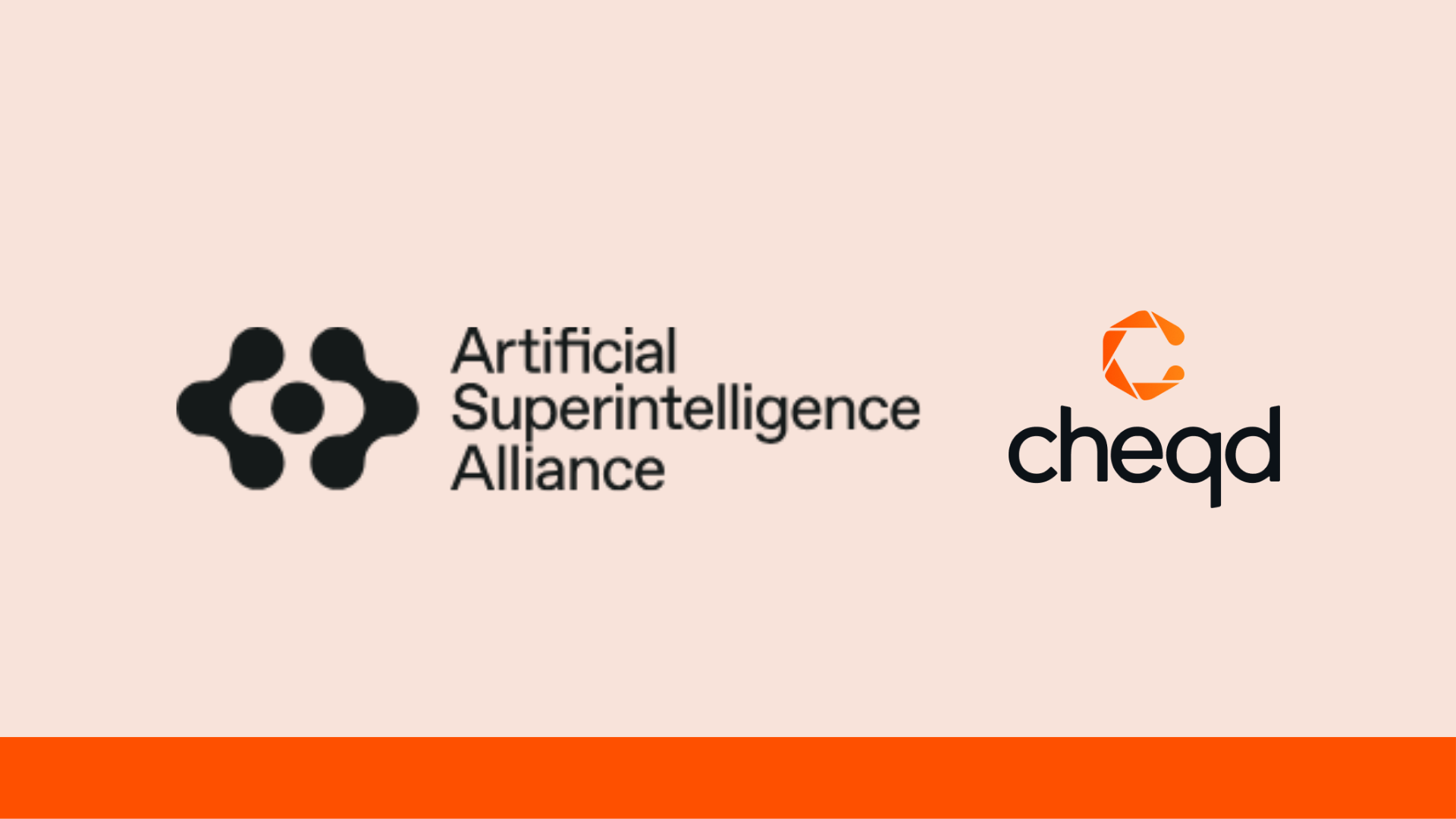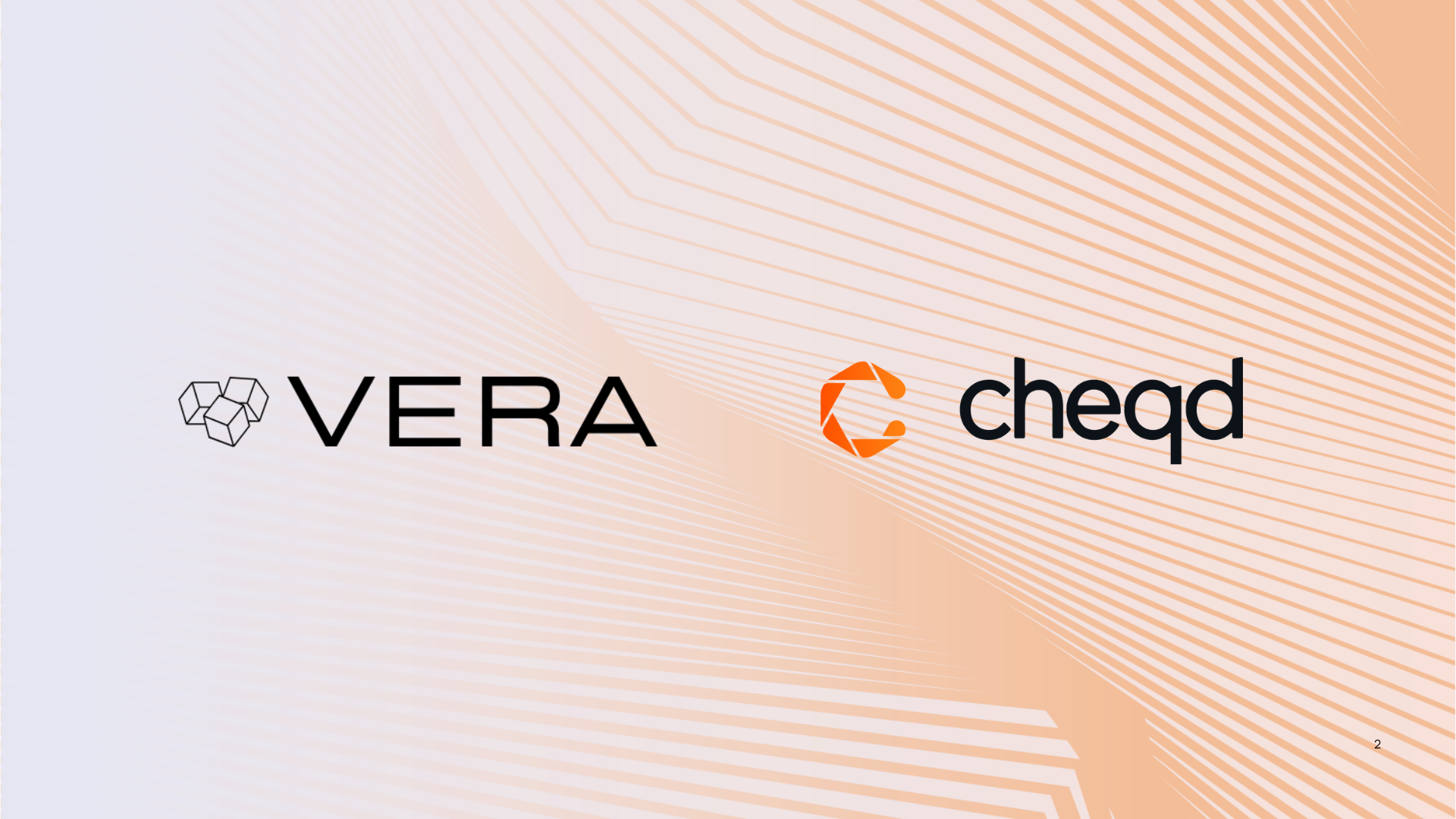This is the first blog post of a series of three.
“Marketing in a privacy-preserving way” used in the same sentence, I bet, sounds like an oxymoron for a majority of marketers. Marketing is well known to surpass any personal boundaries whatsoever in service of communicating the greatness of that product or service that you’re unaware of yet but should totally get; otherwise, your life will be miserable / you won’t fix that problem of yours (perhaps you didn’t know the issue existed) / <add your variation here>.
What prompted us to look into the subject?
Exploring the possibilities of marketing that respects one’s personal privacy has been on our radar for an apparent reason. Giving individuals and organisations back their privacy and control of their data is our mission and the very essence of what unites our team. We’ll explore what we’re doing at cheqd to enable privacy-preserving marketing in a separate post — we would love to share our learnings in this space and hear your thoughts.
Now, what struck us was an organisation working in digital identity that has been shamelessly offering data on their customers to anyone interested in purchasing it.
We were shocked.
Obviously, marketing practices should be ethical across industries, but hearing that from an organisation claiming to address the privacy and data problems makes it double unethical (if such a thing exists).
Living by your mission
And this is a typical example of an organisation having an absolute mismatch between its mission and its actions. I pay particular attention to this as I have an unusual background. I studied environmental science and worked in corporate sustainability for the past ten years, communicating the value of products and services with a purpose (I’m also developing as an artist, but that’s another story).
So ethics of marketing or broader communications practices have always been part of my considerations. But I’m not in any way claiming that it was perfect because, as for the majority of marketers, our holy grail was following the latest best practice (whatever that was in that particular time), which I did too.
Being surrounded by like-minded individuals at cheqd, I finally feel that we can do things differently. The question I want to put out there is whether ethical marketing will always be disadvantageous compared to traditional marketing? Is it going to be limited in its reach and effectiveness and/or be more expensive?
Marketing monopoly
Speaking of the price, there’s a backlash on the social media giants that, simply put, sell your data to advertisers (take Cambridge Analytica or The Social Dilemma). Society rightfully disapproves of these practices. However, this is arguably one of the “most straightforward” and widely used ways to acquire new customers from the marketing perspective (hello, targeted advertising).
I’m not going to argue against or in favour here; my point is of a different nature. This becomes a somewhat monopolistic business — a marketer pretty much ends up with Google/ YouTube, Facebook/ Instagram, Twitter and LinkedIn suite. Even if you don’t run pay per click (PPC) campaigns or promote your posts, you’d still most likely rely on collaboration with influencers within those systems. If not the only advertising avenue for some companies, this handful of tech giants, at least, is the major one. And this is concerning.
If you’re to ditch this tech suite for the reasons above, what are you left with?
So, I take you back to my original question — can one truly have ethical marketing — marketing that respects an individual’s personal boundaries? And would it be effective?
In an attempt to answer this question, we’ll explore the legislative developments in the space in our next blog.
In the meantime, do let us know what you think and make sure to join our Telegram community here. We’re also on LinkedIn and Twitter.






